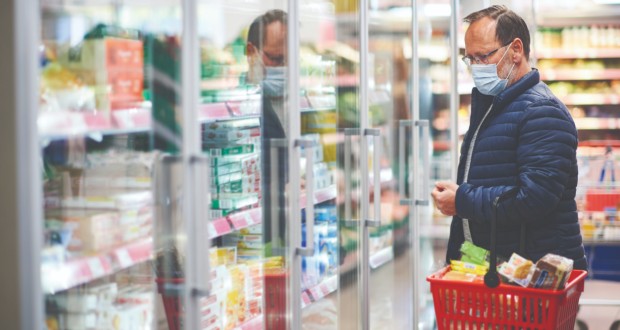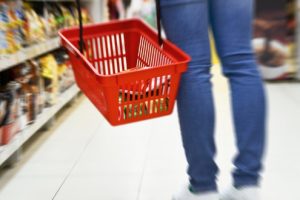Employers’ body the CBI is among those calling for an end to automatic self-isolation when someone is identified by the NHS app as having come near someone with Covid-19.
The CBI says that removing this rule and replacing it with regular testing as an alternative to isolation would help ease staff problems.
Convenience stores are among those worried that when the government eases some lockdown restrictions on 19 July the continuing self-isolation rules could cause chaos with staffing.
The Government has said it will not be change the self-isolation rules until mid-August, which would leave retailers with a difficult month if many staff are forced to self-isolate at home.
CBI boss Tony Danaker said that learning to live and work with the virus is now the right strategy and backed a rapid change in policy, including scrapping self-isolation for the double-jabbed.
James Lowman, chief executive of the Association of Convenience Stores (ACS) is another who called the government’s approach to the next step in relaxing lockdown “flawed”.
He said: “The first big problem is the test and trace system and the requirement for close contacts to isolate, which for our members and colleagues means ten days off sick.
“Because isolation notifications are likely to cluster around common contacts, we’re seeing whole store teams being instructed to isolate while they don’t have symptoms and haven’t tested positive.”
Lowman acknowledged that government ministers are beginning to address the problem but said he would like greater clarity.
He added: “The nudge-nudge wink-wink of the Chancellor noting that isolation instructions from the NHS Covid-19 app are not legally binding (which is true) is the most unhelpful intervention possible.
“So are people being advised to delete the app or turn off the notifications?”
Lowman argued that a better answer would be to formalise a process of test and release, where those notified to isolate could get a test and, if negative, return to work and stop isolating.
 Talking Retail Grocery and product news for independent retailers
Talking Retail Grocery and product news for independent retailers






